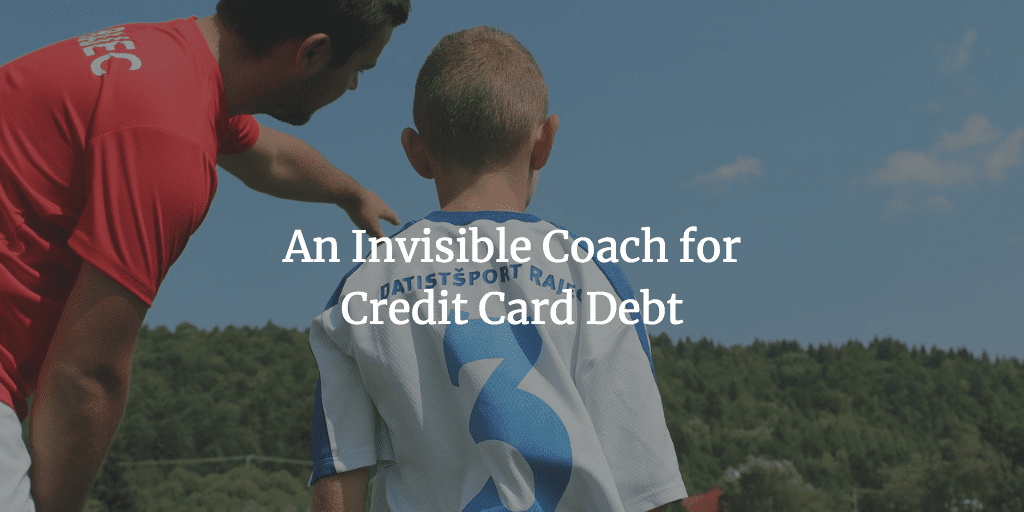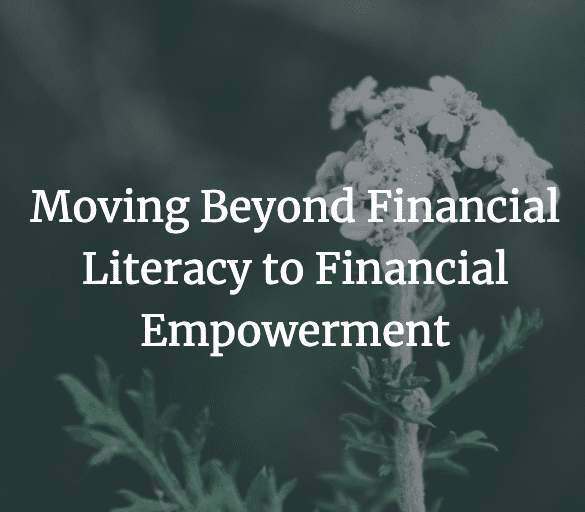For more than a week, thousands of crypto devs and eth fanatics poured into Denver for the latest ETHDenver conference.
Michael Lewis, the bestselling author of numerous books including The Big Short, Moneyball and Liars Poker, really knows how to...
The Cash App is a consumer finance app owned by Square; the company opted to take a different approach to...
In this week’s PeerIQ Industry Update they cover the increasing likelihood of a recession as forecasts show a 33 percent...
Financial Literacy Month ended yesterday (yes, April is officially Financial Literacy Month) and I have been thinking a lot about...
Michael Lewis is a well known author, writing The Big Short, Moneyball and Liars Poker; Lewis is a great storyteller...
Business Insider explores 5 companies that are making it easier for Americans to save and invest; they are backed by...
Fintech startup Tally has started to see big success in advertising on TikTok which has allowed the company to more...
Yesterday the startup Tally announced their $50 million Series C round which was led by Andreessen Horowitz; the company is...
Tally claims that their new offering is the only free automated savings service for consumers; the company’s first product feature...




